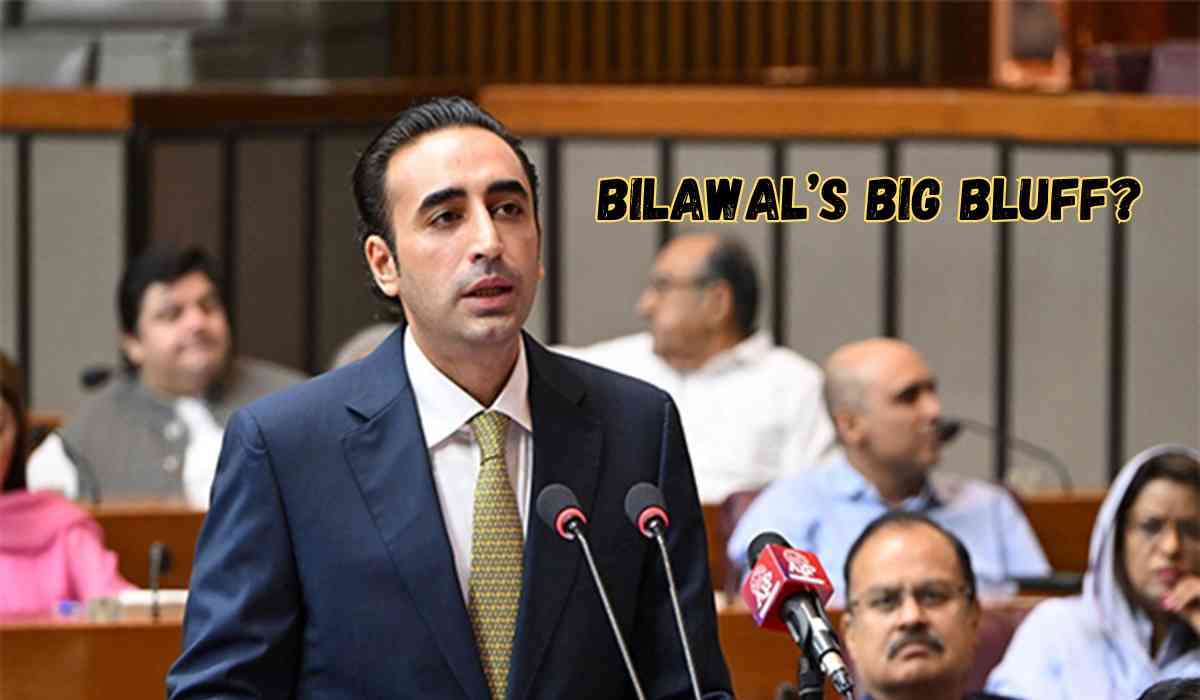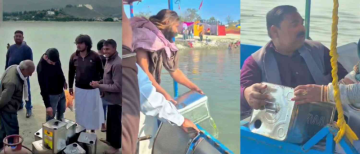In a region shaped by decades of mistrust, bloodshed, and broken promises, any gesture of peace from Pakistan towards India is met with more scepticism than optimism. The recent comment by former Pakistani Foreign Minister Bilawal Bhutto Zardari, expressing willingness to extradite globally wanted terrorists Hafiz Saeed and Masood Azhar to India, is no exception. While the statement initially drew global attention, a deeper look reveals a political game riddled with contradictions, internal backlash, and questions over credibility.
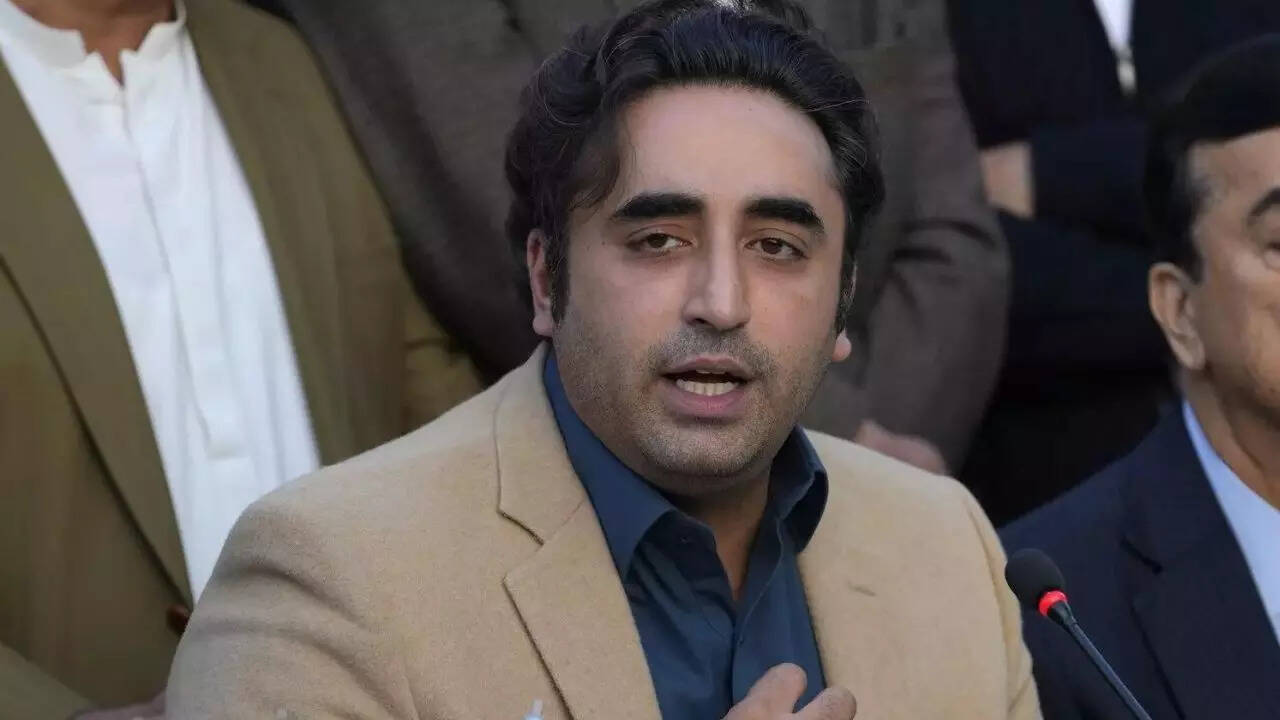
A History of Betrayals: Why India Doesn’t Buy the “Olive Branch”
The idea that Pakistan would voluntarily hand over two of its most notorious jihadist icons, who have long enjoyed safe haven and political protection, seems out of character, and history is the biggest reason.
Since independence, India has endured an unending list of betrayals from Pakistan: from the 1947 invasion of Kashmir, the 1965 war after Operation Gibraltar, and the 1971 Bangladesh liberation conflict, to the 1999 Kargil War, which followed just months after former Indian PM Atal Bihari Vajpayee’s historic Lahore visit. The betrayals continued with the 2001 Parliament attack, the horrific 26/11 Mumbai attacks in 2008, the 2016 Pathankot airbase siege, the Uri attack, the 2019 Pulwama suicide bombing, and most recently, the April 2024 Pahalgam massacre.
What’s common in all these events? The involvement of Pakistan-backed terror outfits, notably Lashkar-e-Taiba (LeT), led by Hafiz Saeed, and Jaish-e-Mohammed (JeM), headed by Masood Azhar.
So when Bilawal Bhutto suggested in an Al Jazeera interview that Pakistan has "no objection" to extraditing these terrorists as a "confidence-building measure," eyebrows naturally rose.
Bilawal Bhutto’s Offer: Sincere Gesture or Tactical White Flag?
In an interview with Al Jazeera, Bilawal Bhutto said that Pakistan had “no objection” to extraditing terrorists like Hafiz Saeed and Masood Azhar to India, provided New Delhi cooperates legally. His comments mark a notable shift from his earlier confrontational tone. Just weeks ago, Bhutto had reacted aggressively to India suspending the Indus Waters Treaty (IWT) in the wake of the Pahalgam attack, declaring, “Either water will flow in this Indus, or their blood will.”
So what changed?
Analysts believe this offer is less about peace and more about damage control. With India holding the upper hand as the upper riparian state on the Indus River, a lifeline for Pakistan’s agriculture, Islamabad finds itself diplomatically cornered. India’s Union Home Minister Amit Shah and Jal Shakti Minister CR Paatil have confirmed that New Delhi has drawn up a comprehensive plan to stop Indian river water from flowing into Pakistan. Prime Minister Modi has echoed this stance, insisting that "waters rightfully belonging to India will now serve Indian interests alone."
Bhutto’s sudden pivot appears less like a diplomatic breakthrough and more like a last-ditch attempt to bring India back to the negotiating table, using the extradition offer as bait.
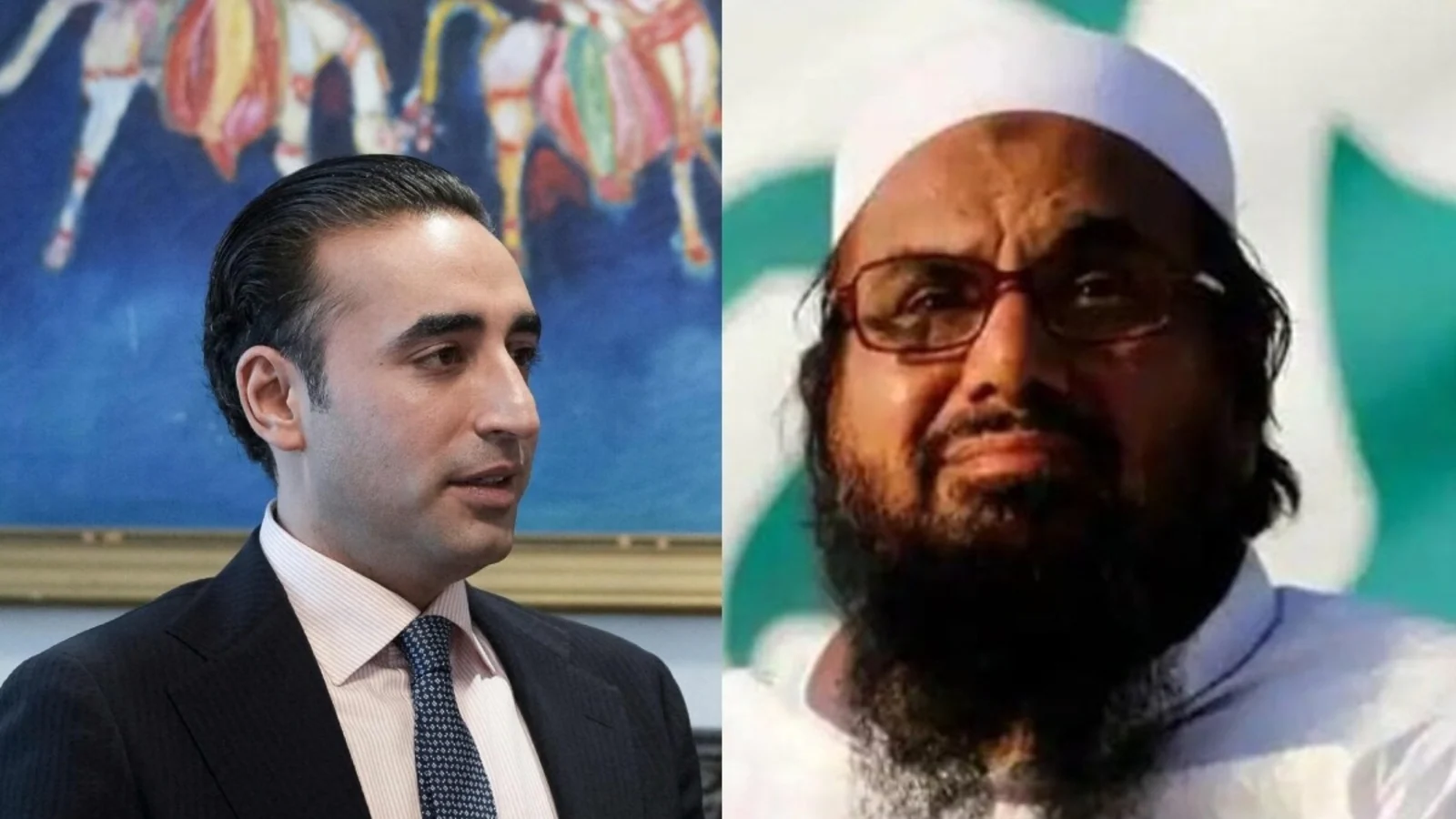
The Legal Reality: No Treaty, But No Bar Either
One common excuse often floated by Pakistan is the absence of an extradition treaty with India. While it's true that a formal treaty doesn’t exist — India proposed one in 2004, and Pakistan never responded — international law still allows for extradition under certain conditions.
Key legal principles include:
-
Double Criminality: The offence must be recognised as a crime in both countries. Terrorism meets this criterion.
-
Reciprocity: Countries often extradite suspects based on mutual understanding, even without a formal treaty.
-
Customary International Law: Several precedents exist where nations have extradited individuals outside formal treaties, especially for global terrorism.
India submitted a formal extradition request in 2023, backed by evidence and documentation. Pakistan acknowledged the request but cited the lack of a treaty as a reason for delay. Yet, legal experts say this is a hollow excuse — the decision rests entirely on political will.
The extradition process, while procedurally complex, is well-defined:
-
Formal Request: Initiated by Indian agencies via the Ministry of External Affairs.
-
Verification: The Pakistani inquiry magistrate reviews identity, charges, and evidence.
-
Government Review: Based on findings, Pakistan’s government decides on extradition.
-
Surrender: If approved, the accused is handed over to Indian authorities at a designated location.
The only real barrier is Pakistan’s willingness, or lack thereof, to act against terrorists it has historically nurtured.
Backlash at Home: LeT and Hafiz Saeed’s Son Cry Foul
Bhutto’s remarks triggered immediate backlash within Pakistan. Hafiz Saeed’s son, Talha Saeed, released a scathing video condemning the extradition proposal as “irresponsible” and “shameful.” He accused Bhutto of echoing Western and Indian narratives and vowed that “our community will never accept such a move.”
Talha’s outrage was echoed by the Pakistan Markazi Muslim League, a political outfit linked to LeT and Jamaat-ud-Dawa. The group rejected Bhutto’s comments outright and instead accused India of exporting terrorism into Pakistan, a familiar diversionary tactic.
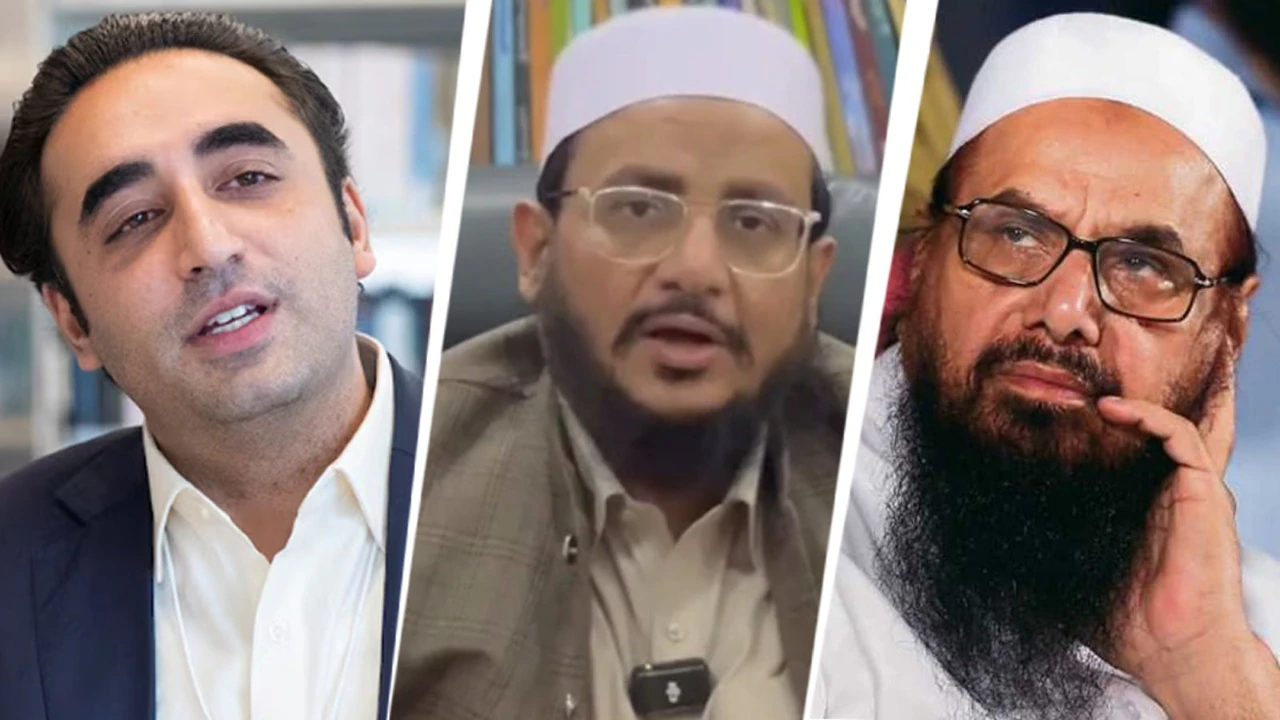
No Locus Standi: Bilawal’s Statement Lacks Weight
Critics and defence analysts in India have been quick to highlight the emptiness of Bhutto’s proposal. Major Gaurav Arya (Retd) noted, “Bilawal Bhutto Zardari has no locus standi. He is not in the cabinet. Yes, his father is the President, but he holds no real executive authority.”
Arya further explained how the Pakistani military uses civilian political figures like Bhutto as messengers who can make bold statements without accountability. “If there’s backlash, they simply say, ‘He’s not part of the government.’”
Unless Pakistan’s Ministry of Foreign Affairs or another authoritative body endorses the extradition proposal, India is unlikely to engage. “India should just absorb Bhutto's remark and wait for the official stance,” Arya added.
Political Will or Diplomatic Drama?
Even if Pakistan had the legal and diplomatic frameworks in place, the deeper issue remains political. The military establishment, which thrives on anti-India rhetoric and harbours jihadist ideology as a strategic tool, is unlikely to permit such extraditions. Any move to hand over Hafiz Saeed or Masood Azhar would require confronting the very machinery that sustains their existence.
Moreover, the excuse of “human rights concerns” has already begun surfacing in Pakistan’s discourse, despite its own deplorable human rights record in regions like Balochistan, Sindh, and Khyber Pakhtunkhwa. Ironically, countries such as the U.S., Portugal, and the UAE have successfully extradited individuals to India under clear assurances of lawful prosecution.
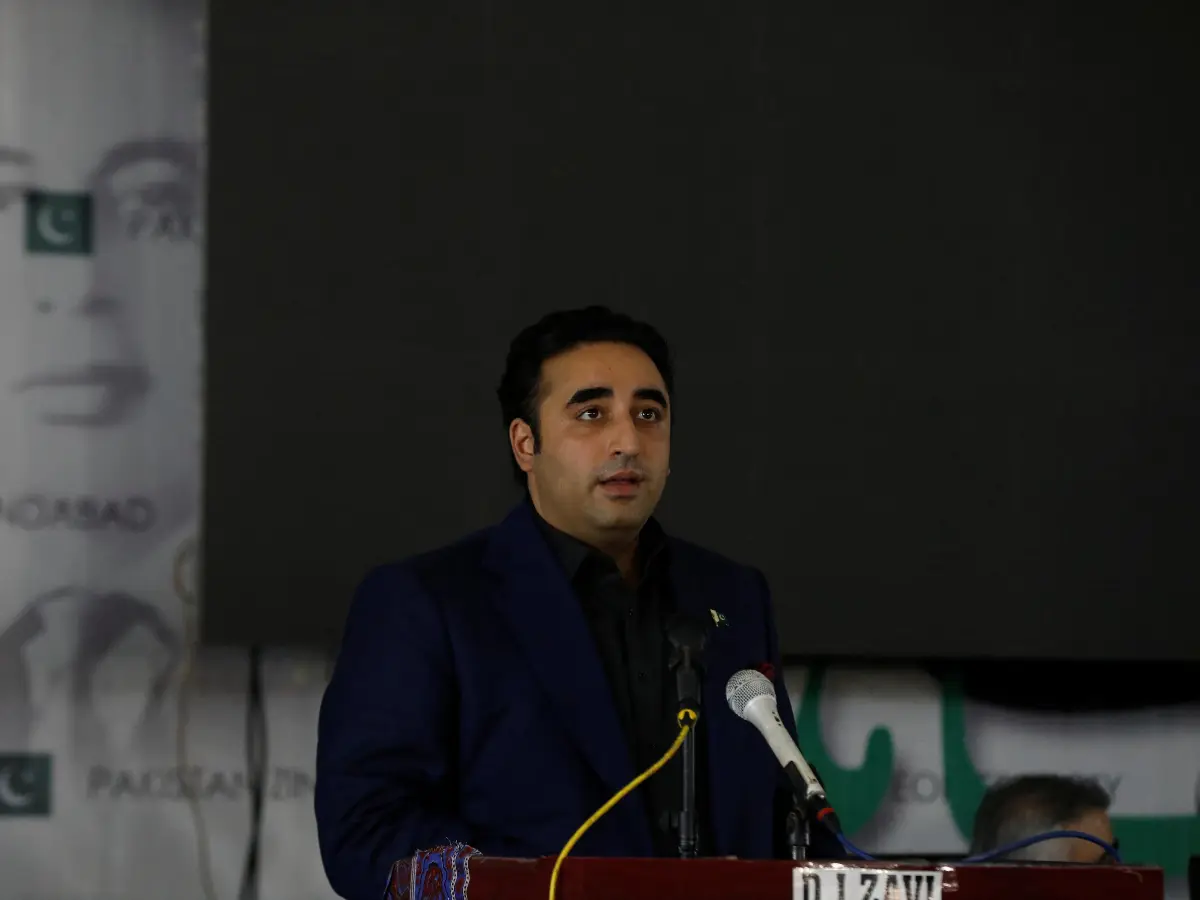
The Ball Lies in Pakistan’s Court — But It’s a Court Built on Sand
Bilawal Bhutto’s offer to extradite Hafiz Saeed and Masood Azhar may have generated headlines, but it is hardly the breakthrough it seems. It lacks institutional backing, legal commitment, and most importantly, trust.
India, hardened by decades of betrayal, is unlikely to take the bait unless Pakistan demonstrates transparency, initiates real action against terror infrastructure, and makes official moves rather than floating rhetorical trial balloons through non-government voices.
Until then, Bhutto’s statements remain just that, statements. As India recalibrates its diplomatic posture and asserts its water rights, Pakistan finds itself navigating not diplomacy, but desperation.
With inputs from agencies
Image Source: Multiple agencies
© Copyright 2025. All Rights Reserved Powered by Vygr Media.

